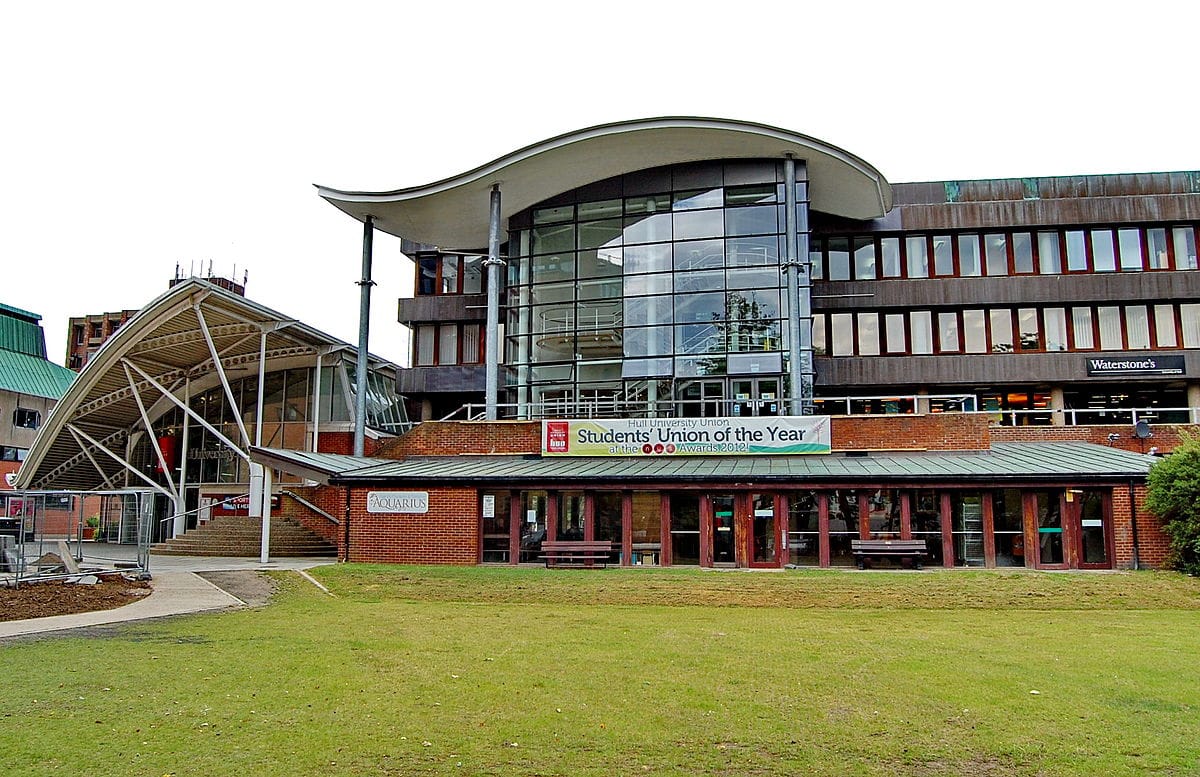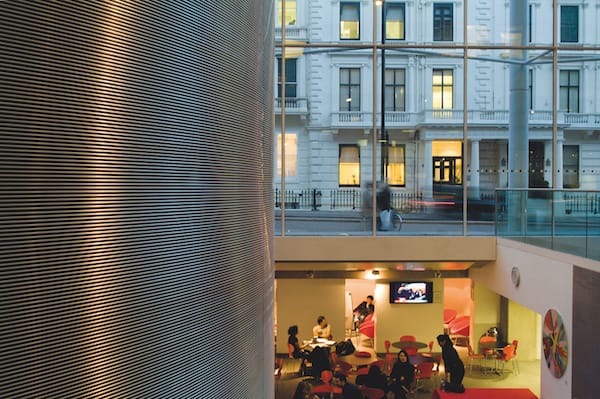University of Hull offers to suppress criticism of fossil fuel industry
Emails reveal that university staff offered to remove critical comments under a live-stream of a BP-sponsored lecture.

The University of Hull offered to suppress criticism of the fossil fuel industry during a series of BP-sponsored talks, according to emails obtained by activists.
In the emails between the University of Hull’s press department and representatives at BP, university staff members ask “whether they want us to get rid of the comments” criticising BP being left on social media. Subsequent talks were not streamed via the university’s social media channels, but instead made available on BP’s website.
In another email, a member of university staff offers to get sound bites during one talk from “audience members as long as it’s not the activist [sic]”.
Following a critical blog post on the Huffington Post, representatives of BP also contacted the university to suggest bag searches “might be a thought” for future lectures.
The emails were released earlier today by Culture Unstained, a “research, engagement and campaigning organisation, which aims to end fossil fuel sponsorship of culture”. Chris Garrard, Co-Director of Culture Unstained, said the emails were “alarming”.
The talks, entitled ‘BP cultural visions’, were arranged in a collaboration between BP, University of Hull, and Hull City of Culture 2017, and hosted at the University. BP were the first major corporate sponsor announced for Hull City of Culture 2017.
In other emails, Des Violaris, BP’s Head of Arts & Culture, asked for an additional brief to be prepared for how speakers could deal with “awkward questions” from activists.
In one talk between Alex Beard, Chief Executive of the Royal Opera House, and Peter Mather, a BP executive, they refused to answer an audience question about climate change. The host, Martin Green, Director of Hull City of Culture, said in response “we have a lot of people with a lot of different conversations, so I just want to change the subject on to something else.”
In a statement, Garrard said: “While BP’s cynical PR strategy is no surprise, the willingness of a university to go along with the company’s agenda is alarming. An independent research institution should not be offering to protect a corporate criminal with a dire environmental record from legitimate scrutiny by the public.’
A representative of the University of Hull told Felix: “Designed to spark reflection, encourage debate and inspire others, [BP cultural visions] invites members of the public to hear from a variety of visionary leaders from the arts, culture, science and the business community.”
“As part of the University’s commitment to actively encouraging diversity of thought, we ensure that all members of the audience have the opportunity to ask questions and, as such, this is built into the format of our lectures. In line with this commitment, the University did not remove comments on social media.”
In the latest People & Planet League Tables, which rank universities with a series of ethical metrics, the University of Hull came 68th. People & Planet reported they had over £800,000 invested in the fossil fuel industry.
A 2016 report released by Art Not Oil raised concerns about the amount of influence fossil fuel companies have on cultural institutions in the UK. The report revealed companies had been offered curatorial input, and had been given privileged access to UK politicians. Last year, amid increasing scrutiny, BP announced plans to end its sponsorship of the Tate.








